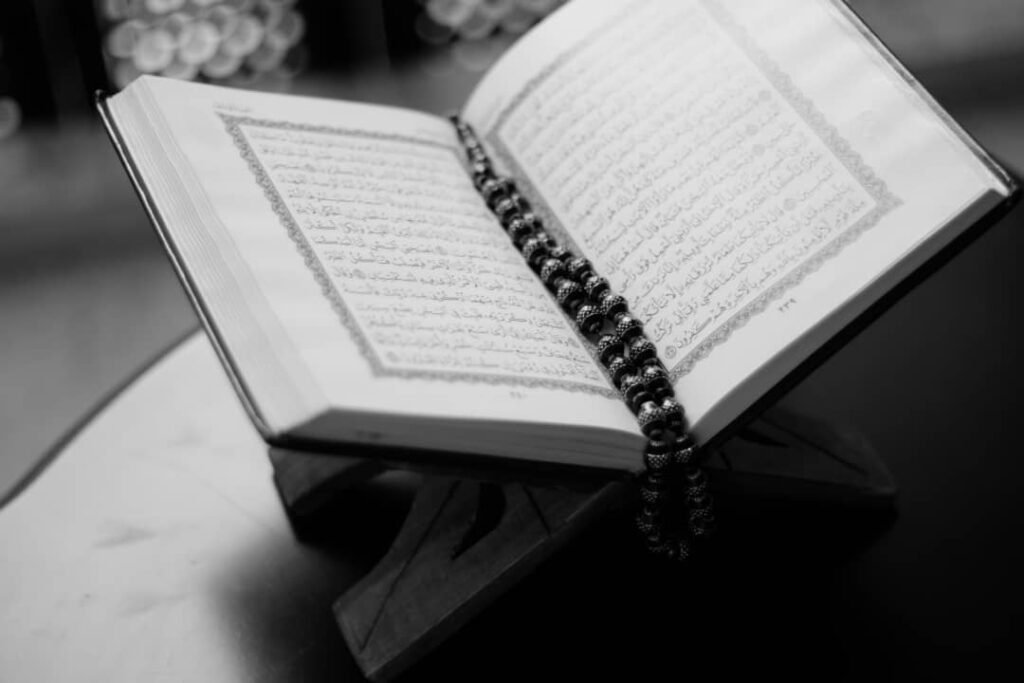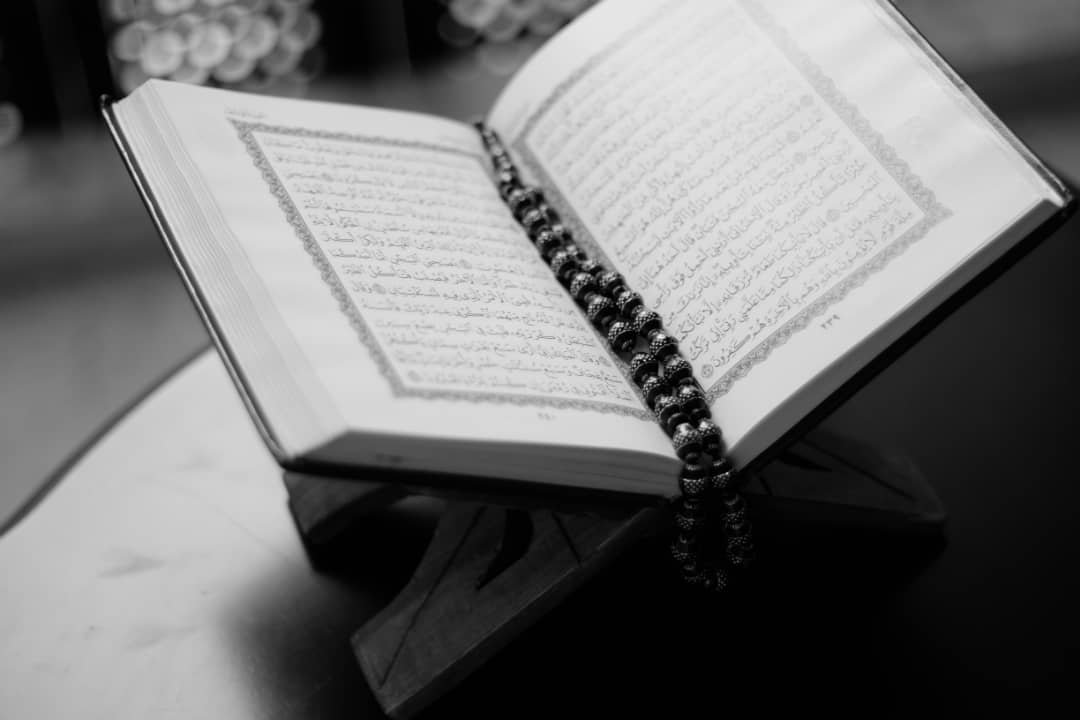Durood Sharif in English And Arabic With Tarjuma

Durood means to send blessings and praises to the prophet Muhammad (SAW). It is called Al- Salaht u Alannabi in the Arabic language. The word Al-Salah means to pray for someone, or it also means to praise and admire someone with perfect words[1]. As a result, Al- Salaht u Alannabi means to praise and admire the prophet Muhammad (SAW) with fair and perfect words. Powerful Dua To Get Love Back.
Indeed, a Muslim is supposed to send Durood on the prophet of Allah (SAW) as much as he can. Since, there are many Ahadith of the prophet of Allah (SAW) insisting on it. Furthermore, these Ahadith also promise many rewards for the one who is used to recite Durood Sharif on the prophet (SAW). Also, it should be kept in mind that according to most Islamic scholars. Beautiful Dua For Someone Special.
Reciting Durood on the prophet (SAW) is obligated (Fardh) once in whole life. It means a Muslim must recite the words of admiration for the prophet Muhammad (SAW) at least once in his whole life[2]. This is because Allah (SWT) says in his book: “without doubt, Allah and his angels send blessings (Durood) on the prophet. O you who believe! Send your blessings and peace on him in abundance.” (Quran, ch 33, ver 56). And when the name of the prophet (SAW) is mentioned in a gathering, then sending Durood on the prophet (SAW) is Wajib[3].
But is there any special way for sending Durood on the prophet (SAW), or are there any particular words in Islamic scriptures for reciting as Durood? The answer is yes, there are many Ahadith of the prophet Muhammad (SAW) indicating many types of Duroods that a Muslim can choose for reciting.
Among all of them, the Durood recited in our Salah which is also called Durood Ibrahimi is very famous. As it is narrated[4] by Ka’b Ibn Ujrah (RA) that the companions of the prophet (SAW) asked the prophet (SAW) that we do know how to send Salam (peace) on you, but how can we send Durood (blessings) on you? The prophet (SAW) said: recite these words (in Arabic):
اَللّٰھُمَّ صَلِّ عَلٰٓي مُحَمَّدٍ وَّعَلٰٓي اٰلِ مُحَمَّدٍ کَمَا صَلَّیْتَ عَلٰٓي اِبْرَاھِیْمَ اِنَّكَ حَمِیْدٌ مَّجِیْدٌ, وبَارك عَلٰٓي مُحَمَّدٍ وَّع عَلٰٓي اٰلِ مُحَمَّدٍ کَمَا بَارَکْتَ عَلي اِبْرَاھِیْمَ اِنَّكَ حَمِیْدٌ مَّجِیْدٌ
However, this is normally recited with the addition of some words like below:
اَللّٰھُمَّ صَلِّ عَلٰی مُحَمَّدٍ وَّعَلٰٓی اٰلِ مُحَمَّدٍ کَمَا صَلَّیْتَ عَلٰٓي اِبْرَاھِیْمَ وَ عَلٰٓي اٰلِ اِبْرَاھِیْمَ اِنَّكَ حَمِیْدٌ مَّجِیْدٌ, اَللّٰھُمَّ بَارك عَلٰٓي مُحَمَّدٍ وَّ عَلٰٓي اٰلِ مُحَمَّدٍ کَمَا بَارَکْتَ عَلٰٓي اِبْرَاھِیْمَ وَ عَلٰٓي اٰلِ اِبْرَاھِیْمَ اِنَّكَ حَمِیْدٌ مَّجِیْدٌ
Transliteration of Durood-e-Sharif
Allahumma Salli Ala Muhammad iwa’ala Ali Muhammad Kama Salleta Ala Ibrahima Wa Ala A’li Ibrahima Innaka Hammed Umajeed. Allahumma Barek Ala Muhammad iwa’ala Ali Muhammad Kama Barakta Ala Ibrahima Wa Ala A’li Ibrahima Innaka Hammed Umajeed.
Mu’ajjam Al- Ghani, an Arabic-to-Arabic dictionary
Dars-e-Tirmidhi, volume 2, page 252
Tafseer-e-Ibn Kather, Surah Al- Ahzab, verse 56
Sunan Tirmidhi, #465

